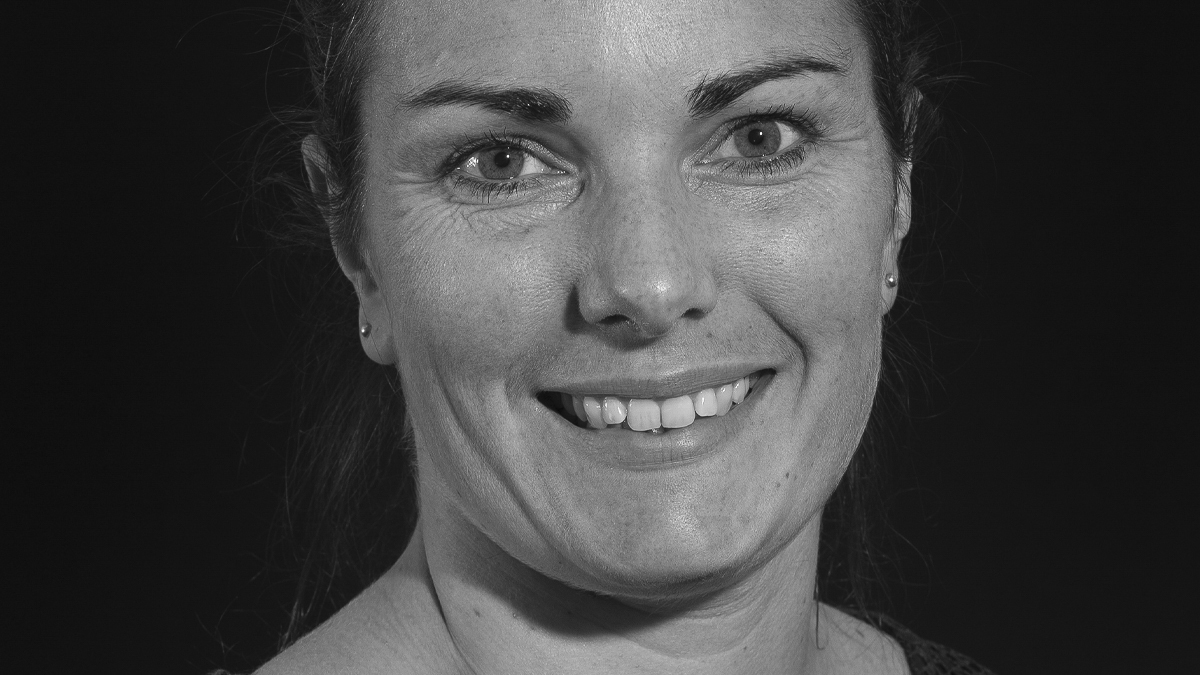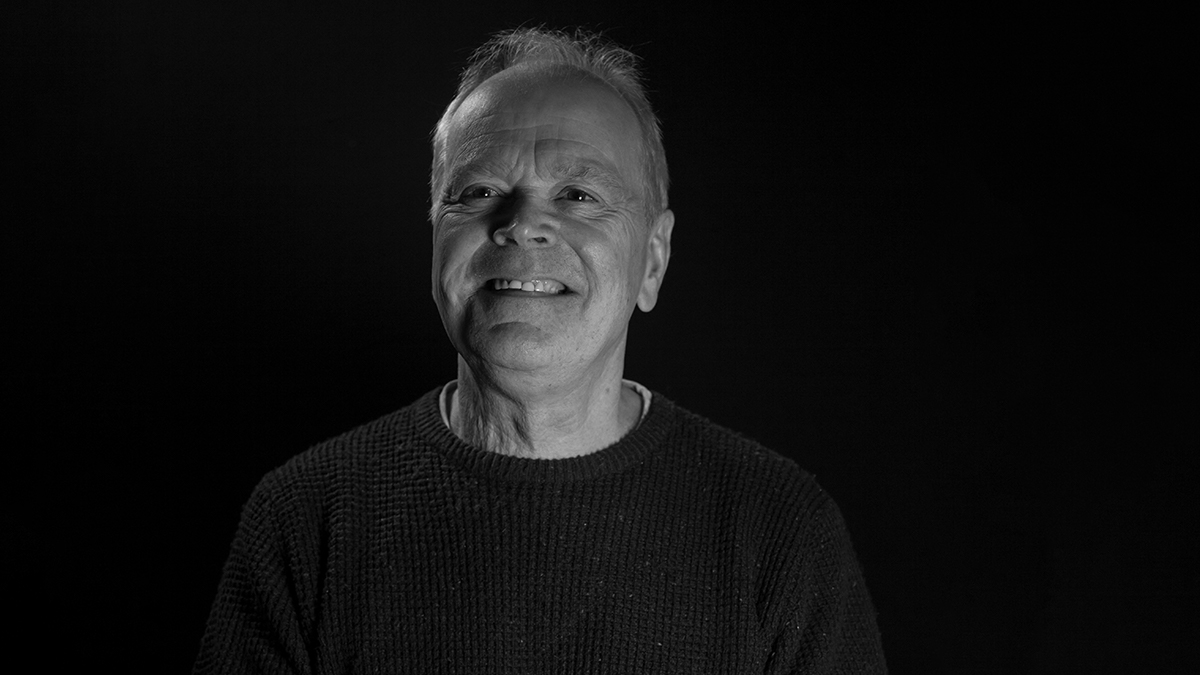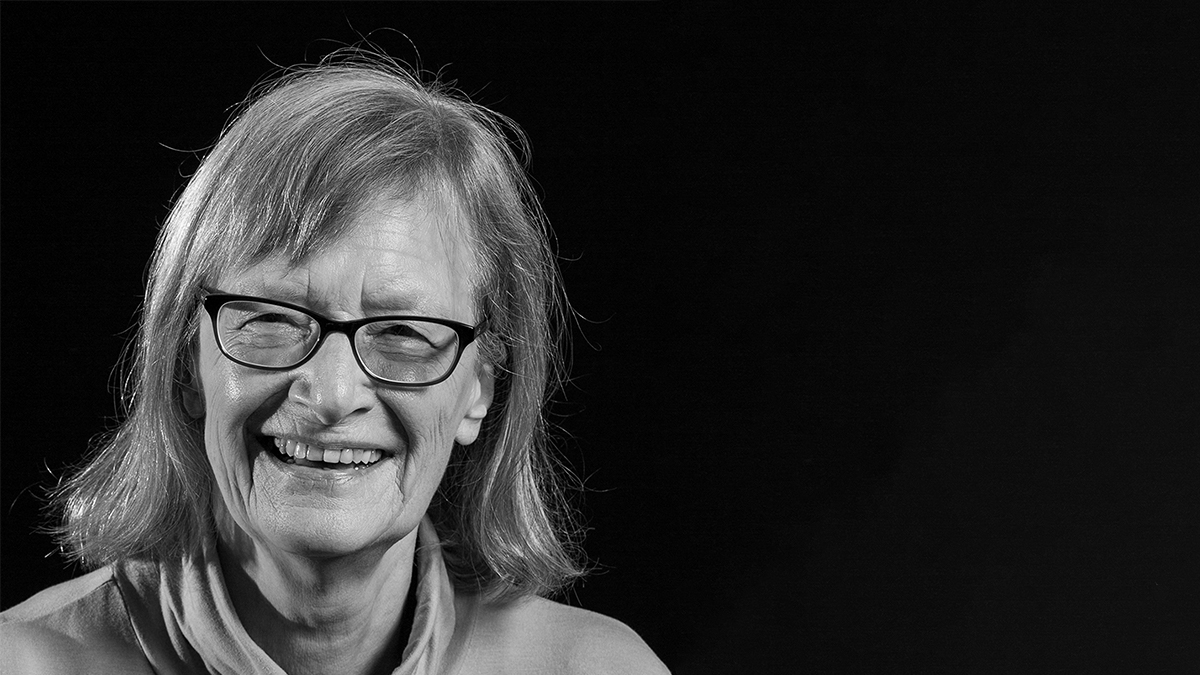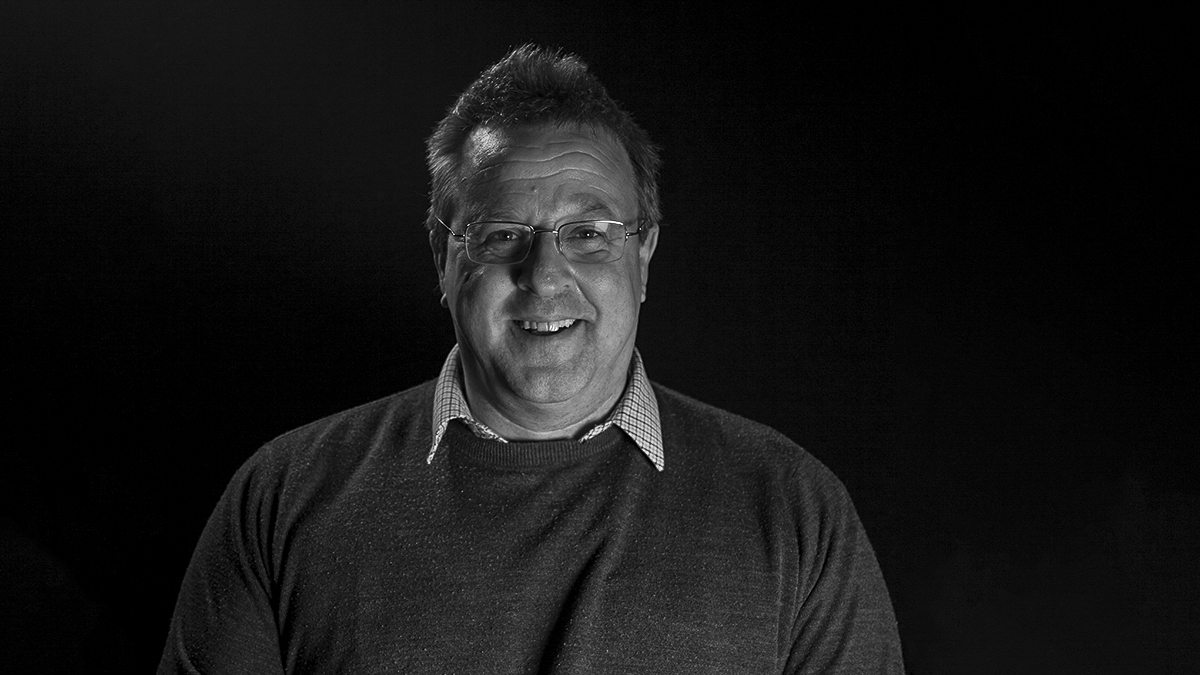Challenges of chemical language
Dr Philippa Cranwell is no stranger to science education and the obstacles that can be faced by students. As a student, Philippa enjoyed the complexity of chemistry but during her first year she experienced imposter syndrome as she felt that she was struggling with the content and everyone else was finding the course easy.
“I remember sitting there on my first year having no idea what was going on in a lecture and just wondering quite why I was there and why I was studying chemistry. At that time, I didn't put two and two together, but I think that the difference between school and university in terms of the language used was what I was finding hard.”
Language inclusivity
Philippa reflects on the value of language and how the way that it is used at school or university defines how accessible chemistry is to students. The experience that Philippa had in the early stages of her university career has helped her to examine how she talks to her students and, in turn, to make it easier for them to understand what they are studying.
“You develop the students understanding, which is really good, but you also develop their way of talking about chemistry, which then means in later life they can talk about it much more confidently using the correct language, the correct terminology, and it makes them come across better.”
Impact on students
Her dedication to making the language of chemistry as clear as possible has made Philippa more mindful of how she teaches. She ensures that she always clearly conveys the meaning of her teaching, that she draws attention to new words and that she is cautious to ask students if they understand and reassure them if they do not.
Phillipa also emphasises the importance of building relationships so that students feel comfortable asking questions, particularly because of the increasing diversity of students in relation to culture, language, and prior knowledge of chemistry.
“We have a number of students who are the first generation in their family to go to university. We help them realise that they deserve to be here and help them to learn chemistry. Part of your role as a lecturer is developing them and pushing them to do their best.”
Philippa is proud to see the effect of building meaningful relationships with students, creating open conversations about language, and making learning as easy as possible. She reflects on the transition of some of her students from not using chemistry specific language for “fear of getting it wrong” to trusting her more and testing out the scientific language, therefore building their relationship and breaking down barriers.
"Throughout my degree, Philippa has been the lecturer who has gone above and beyond to make organic chemistry clear and engaging by breaking down concepts and taking us step by step through worked examples…her engagement with us made us feel like we could turn to her when we had questions about any aspect of the course, and she would always sort it out and point us in the right direction.
Therefore, when I chose to study the language of chemistry, which I had never considered before, I knew she would make studying language fascinating and give me the support. She helped me find an area that I didn't before realise I would have such a passion for. "
– Elizabeth Sumner, 3rd year MChem
Philippa advises new students studying chemistry at Reading to simply ask questions and not be afraid to get it wrong. That, in her view, is the way to promote open conversations and allow constructive, inclusive learning.



